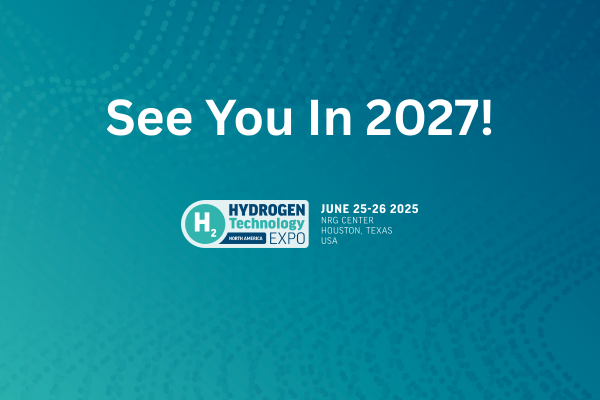Germany has announced plans for the creation of a core hydrogen network
)
Germany has announced that throughout 2025 and 2032 lines to create a core hydrogen network will gradually be put into operation. This was stated by German Federal Minister for Economic Affairs and Climate Action (BMWK), Robert Habeck.
Recently Germany revealed its plans to create a 9,700km core hydrogen network, with the purpose of connecting production centres with industrial users, storage facilities, power plants and import corridors. It has also been stated by Berlin that the connection lines will not be supplying hydrogen directly to end-users, however there is a possibility that the project will benefit from a new law being introduced in 2023, concerning the acceleration of the network’s deployment. The project will cost an estimated $21.5 bn to complete, but for the benefits it will provide the economy, it is certainly worth it.
The plan is for the network to consist of converted natural gas pipelines for an estimated 60% of the total network length (5,820km). The remaining 3,880km is expected to be hydrogen pipelines, which therefore will see new compressor stations, gas pressure control and measuring (GDRM) systems brought to the project. These plans suggest that the estimated overall exit volume of the network in 2032, will reach 280TWh, which is 150TWh higher than its 2030 demand predictions. This highlights significant improvement within the project over a two-year span. 160TWh of the excess power will be used at larger combine heat and power (CHP) locations, efficiently using all the product the system is capable of producing.
This project aligns with the aim the ministry laid out in August of 2023, when it announced it wanted to begin a subsidy framework for hydrogen power plants. The aim was to create 8.8GW of new plants, which would be operated with hydrogen and 15GW of gas-fired plants would be on route to be transitioned to hydrogen by 2035.
BMWK commented, “The core network should be a Germany-wide and expandable hydrogen network for supra-regional transport and reach the currently known large consumption and production regions for hydrogen in Germany.”
One challenge the project has faced, is a lack of funding, as the government has said they would prefer to have private funding for this project, but this issue remains undecided as the cabinet has not agreed on a financing model or framework which would be required for the next stage of planning.
BMWK continued, “The federal government has therefore developed a financing concept that encourages private sector investment and enables the hydrogen core network to be fully financed through network fees.”
This decision to incentivise the project highlights how beneficial this innovative idea will be to the economy and to the hydrogen industry.



)
)
)
)
)
)
)
)


)
)
)
)
)
)
)
)
)
)
)

)
)
)
)
)
)
)
)
)

)
)
)
)
)
)
)

)
)
)
)
)

)
)

)
)
)
)
)
)
)
)

)
)
)
)
)
)

)
)

)
)
)
)
)
)
)
)


)
)

